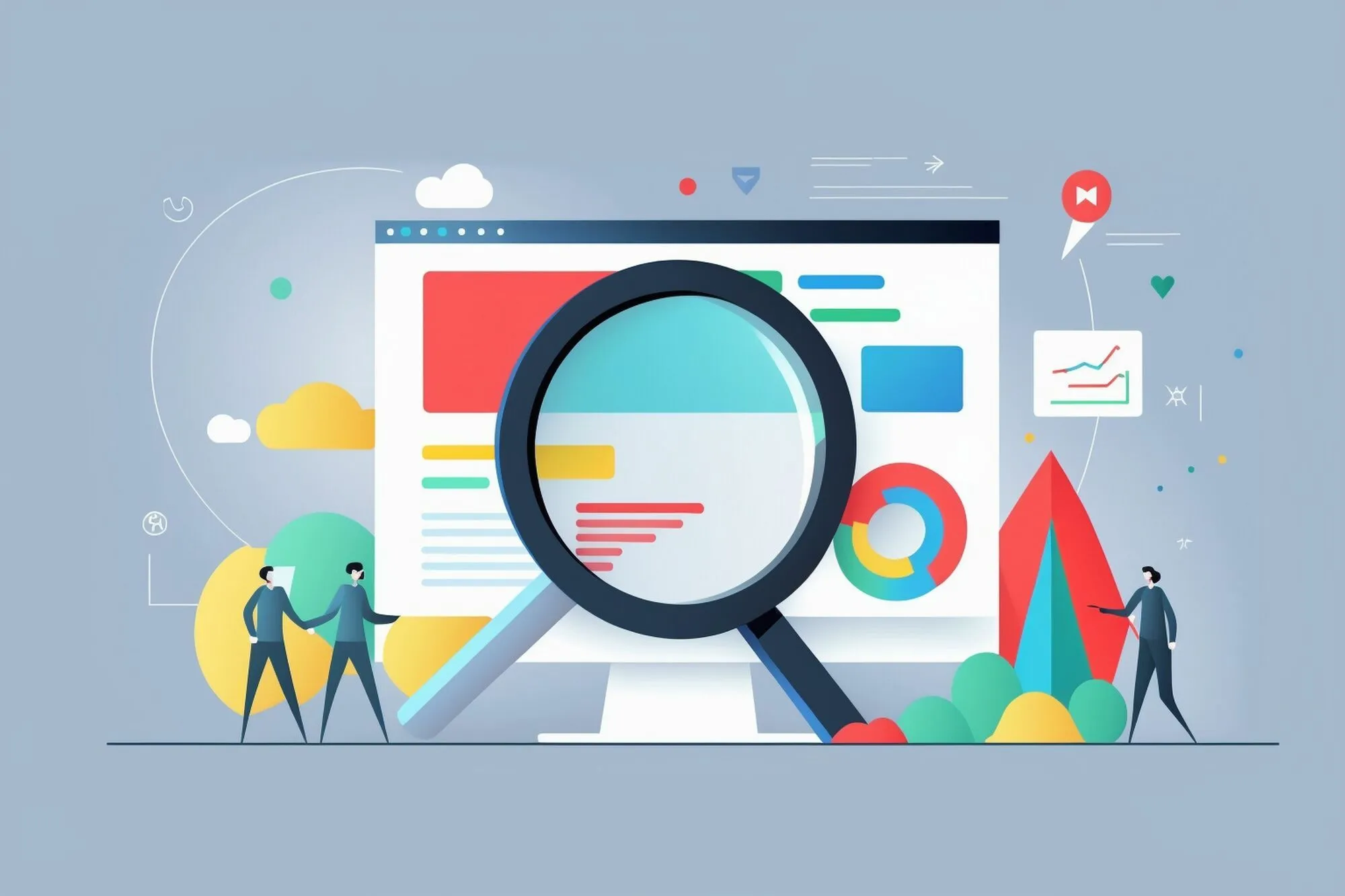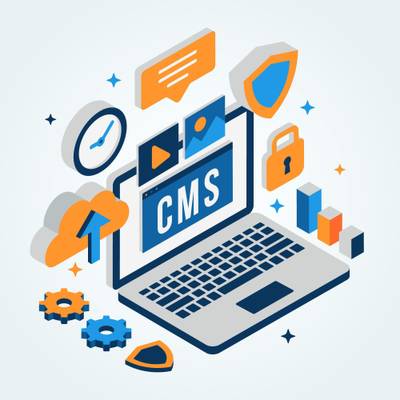Introduction: The Importance of Website Speed
In the digital era, where every moment counts, the loading speed of a website becomes a key factor affecting online success. A delay of just a second can lead to a 7% drop in conversion rates, which, in the context of e-commerce, can mean significant financial losses. Understanding and optimizing page speed is thus crucial for anyone looking to maintain a competitive edge on the internet.
How Page Speed Impacts User Experience

Page loading speed directly impacts user satisfaction. Research indicates that delays in page loading can significantly increase frustration levels and decrease user engagement. Furthermore, 53% of mobile users abandon a site if its loading takes longer than 3 seconds. This underscores the necessity of speed optimization not just for desktop users, but especially for the increasing number of individuals accessing the internet via mobile devices.
The Influence of Page Speed on Search Engine Rankings

Google explicitly states that page speed is an important ranking factor for both desktop and mobile search results. Faster-loading pages often rank higher in search results, increasing their visibility and potentially drawing more traffic. This means investing in page loading speed can yield significant SEO benefits.
Analyzing Your Site's Speed: Tools and Methods
Tools like Google PageSpeed Insights and GTmetrix offer not just measurements of your site's loading speed but also provide detailed insights into what can be improved. These tools analyze various aspects of your site, such as code efficiency, image optimization, and server response, offering specific recommendations for enhancing page loading speed.
Key Factors Influencing Page Speed
Images and Media
Improperly optimized images and media can dramatically affect page loading times. Optimization involves using appropriate formats (like WebP), compression, and techniques like lazy loading, which allows multimedia content to load only when needed.
Site Code and Structure
Redundant or unoptimized code can slow down how a browser processes a page. Employing modern web techniques, minimizing JavaScript and CSS files, and avoiding excessive use of plugins can significantly improve loading speeds.
Hosting and Server
Quality hosting is crucial for page speed. The right hosting choice depends on various factors, such as site traffic, user location, and the resources required to support the site. When choosing a hosting provider, consider technical specifications, user reviews, and the quality of technical support. We recommend hosting services from cyberfolks.pl .
Use of Caching
Server-side and client-side caching can significantly reduce page loading times by storing frequently used resources in a location from which they can be quickly retrieved.
Practical Ways to Increase Page Speed

Image Optimization
Using image compression tools and choosing the right formats can greatly reduce their size without compromising quality, speeding up page loading. It's recommended to use the WebP format for all images on your site and to ensure they're not overly large in resolution.
Minimizing CSS, JavaScript, and HTML Code
Tools like UglifyJS for JavaScript and CleanCSS for CSS can help remove unnecessary characters, comments, and spaces, making files smaller and faster to load.
Utilizing Content Delivery Networks (CDN)
If your website serves a global audience, investing in a reliable CDN is worthwhile. A CDN stores copies of your site's static resources in multiple locations worldwide, allowing for faster content delivery to users, regardless of their geographical location.
Advanced Techniques: Lazy Loading and Asynchronous Script Loading
Lazy loading allows images and other multimedia elements to load only when they enter the user's viewport, reducing initial page loading times. Asynchronous script loading enables the parallel loading of resources without blocking the rendering of the page.
Monitoring Page Speed Continuously
Regularly testing your site with speed analysis tools and monitoring performance metrics should be an integral part of your site maintenance strategy. Setting up alerts for performance dips can help in quickly diagnosing and resolving issues.
Conclusion: Why You Can't Ignore Page Speed
In an age of instant access and rising user expectations, neglecting page loading speed can have disastrous consequences for any online business. Investing in page speed optimization not only improves user experience and conversion rates but also strengthens search engine ranking, contributing to long-term online success.

Adam Dowgird



